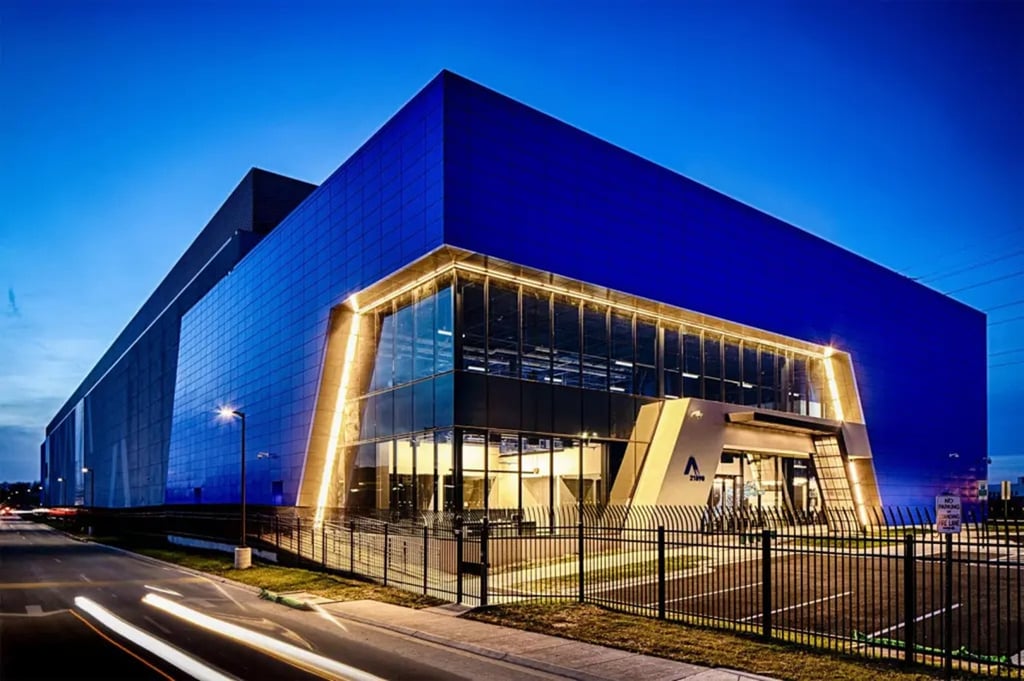Here’s another reason not to get complacent with one’s career. Gartner today predicted that by 2022, artificial intelligence (AI) systems and the smart devices they power may take the place of highly trained professionals. “The economics of AI and machine learning will lead to many tasks performed by professionals today becoming low-cost utilities,” remarked Gartner […]
Datamation content and product recommendations are
editorially independent. We may make money when you click on links
to our partners.
Learn More
Here’s another reason not to get complacent with one’s career.
Gartner today predicted that by 2022, artificial intelligence (AI) systems and the smart devices they power may take the place of highly trained professionals. “The economics of AI and machine learning will lead to many tasks performed by professionals today becoming low-cost utilities,” remarked Gartner vice president and fellow Stephen Prentice, in a statement.
Among the career tracks to be disrupted by AI are positions in IT, law and medicine., said the technology research firm.
“AI’s effects on different industries will force the enterprise to adjust its business strategy. Many competitive, high-margin industries will become more like utilities as AI turns complex work into a metered service that the enterprise pays for, like electricity,” continued Prentice.
In IT, AI is expected to replace routine tasks and narrow the skills gap, to a degree. Jobs involving project management, system administration, application support and help desks will be affected but they don’t necessarily have to be made redundant.
“The CIO should commission the enterprise architecture team to identify which IT roles will become utilities and create a timeline for when these changes become possible,” Prentice said. He also advised technology executives to mitigate AI’s disruptive effects to IT careers by working with their human resources departments on offering training and upskilling opportunities.
CIOs are also urged to strike balance between AI and human skills.
Tilting too far toward AI can cause a business to become rigid and fall victim to more nimble competition, Gartner warned. It also helps to be upfront with workforces on where and how AI technologies will be implemented within their organizations.
“AI is most successful in addressing problems that are reasonably well-defined and narrow in scope, whereas humans excel at defining problems that need to be solved and at solving complex problems,” Prentice said. “They bring a wide range of knowledge and skill to bear and can work through problems in various ways. They can collaborate with one another, and when situations change significantly, humans can adjust.”
Financial services folks will also feel the effects of AI in the workplace. Gartner expects that insurance claims adjusters, loan originators and other jobs will be claimed by automated systems.
Although AI will result in some workers losing their jobs in these industries, workforces are expected to the efficiency-enhancing benefits of the technology, enabling them to focus on improving service levels and even help reduce stress in high-pressure situations.
Pedro Hernandez is a contributing editor at Datamation. Follow him on Twitter @ecoINSITE.
-
Huawei’s AI Update: Things Are Moving Faster Than We Think
FEATURE | By Rob Enderle,
December 04, 2020
-
Keeping Machine Learning Algorithms Honest in the ‘Ethics-First’ Era
ARTIFICIAL INTELLIGENCE | By Guest Author,
November 18, 2020
-
Key Trends in Chatbots and RPA
FEATURE | By Guest Author,
November 10, 2020
-
Top 10 AIOps Companies
FEATURE | By Samuel Greengard,
November 05, 2020
-
What is Text Analysis?
ARTIFICIAL INTELLIGENCE | By Guest Author,
November 02, 2020
-
How Intel’s Work With Autonomous Cars Could Redefine General Purpose AI
ARTIFICIAL INTELLIGENCE | By Rob Enderle,
October 29, 2020
-
Dell Technologies World: Weaving Together Human And Machine Interaction For AI And Robotics
ARTIFICIAL INTELLIGENCE | By Rob Enderle,
October 23, 2020
-
The Super Moderator, or How IBM Project Debater Could Save Social Media
FEATURE | By Rob Enderle,
October 16, 2020
-
Top 10 Chatbot Platforms
FEATURE | By Cynthia Harvey,
October 07, 2020
-
Finding a Career Path in AI
ARTIFICIAL INTELLIGENCE | By Guest Author,
October 05, 2020
-
CIOs Discuss the Promise of AI and Data Science
FEATURE | By Guest Author,
September 25, 2020
-
Microsoft Is Building An AI Product That Could Predict The Future
FEATURE | By Rob Enderle,
September 25, 2020
-
Top 10 Machine Learning Companies 2020
FEATURE | By Cynthia Harvey,
September 22, 2020
-
NVIDIA and ARM: Massively Changing The AI Landscape
ARTIFICIAL INTELLIGENCE | By Rob Enderle,
September 18, 2020
-
Continuous Intelligence: Expert Discussion [Video and Podcast]
ARTIFICIAL INTELLIGENCE | By James Maguire,
September 14, 2020
-
Artificial Intelligence: Governance and Ethics [Video]
ARTIFICIAL INTELLIGENCE | By James Maguire,
September 13, 2020
-
IBM Watson At The US Open: Showcasing The Power Of A Mature Enterprise-Class AI
FEATURE | By Rob Enderle,
September 11, 2020
-
Artificial Intelligence: Perception vs. Reality
FEATURE | By James Maguire,
September 09, 2020
-
Anticipating The Coming Wave Of AI Enhanced PCs
FEATURE | By Rob Enderle,
September 05, 2020
-
The Critical Nature Of IBM’s NLP (Natural Language Processing) Effort
ARTIFICIAL INTELLIGENCE | By Rob Enderle,
August 14, 2020
SEE ALL
DATA CENTER ARTICLES









